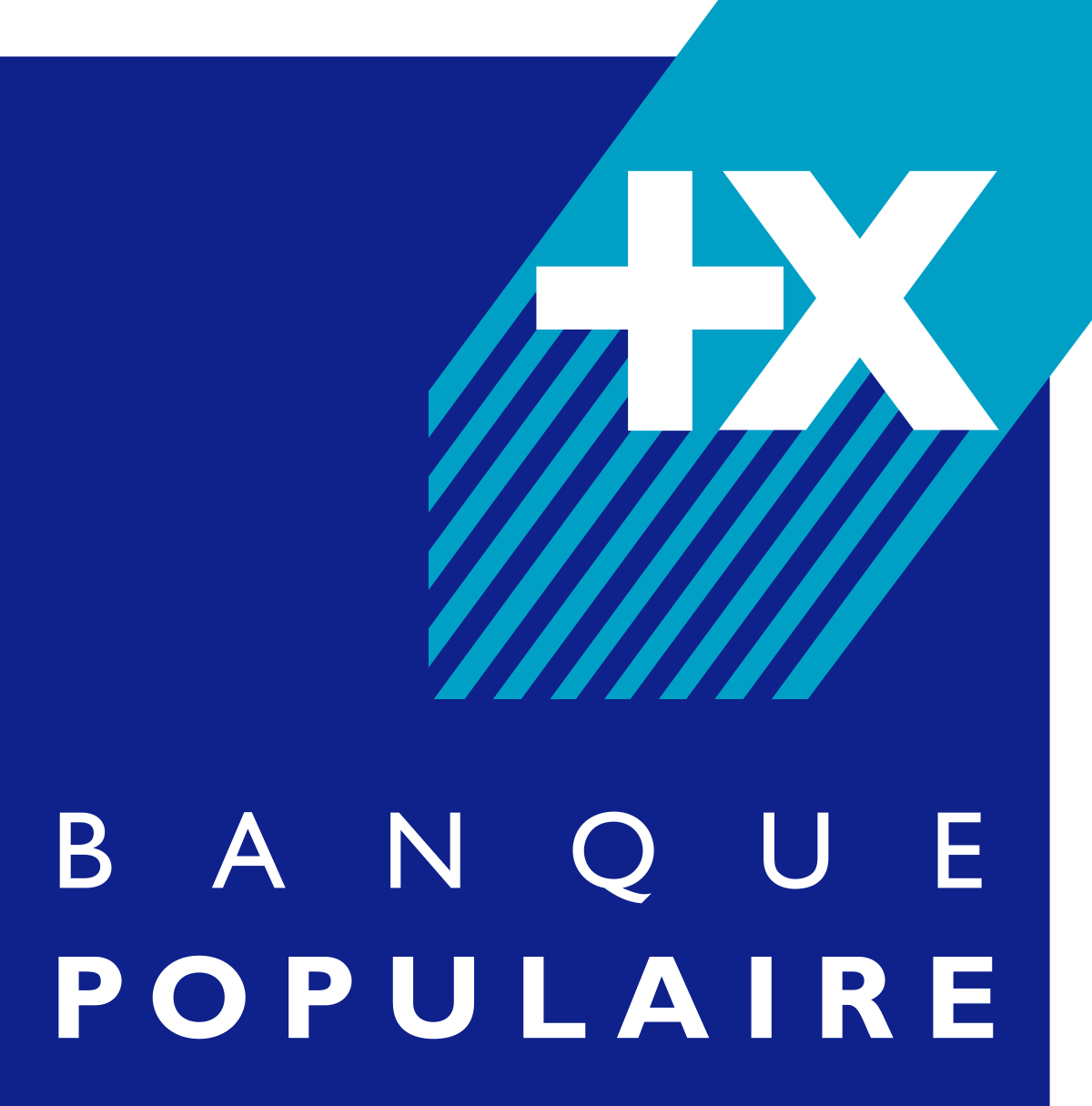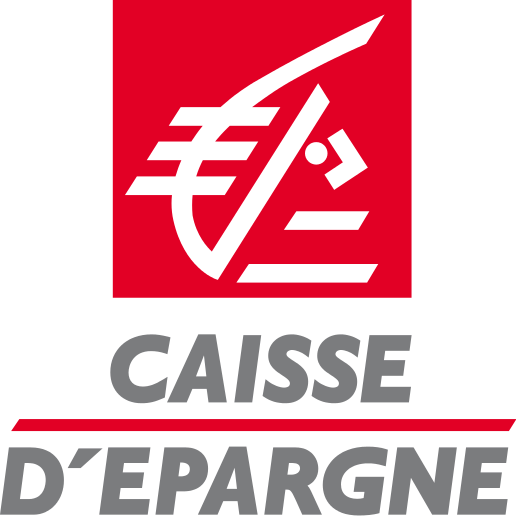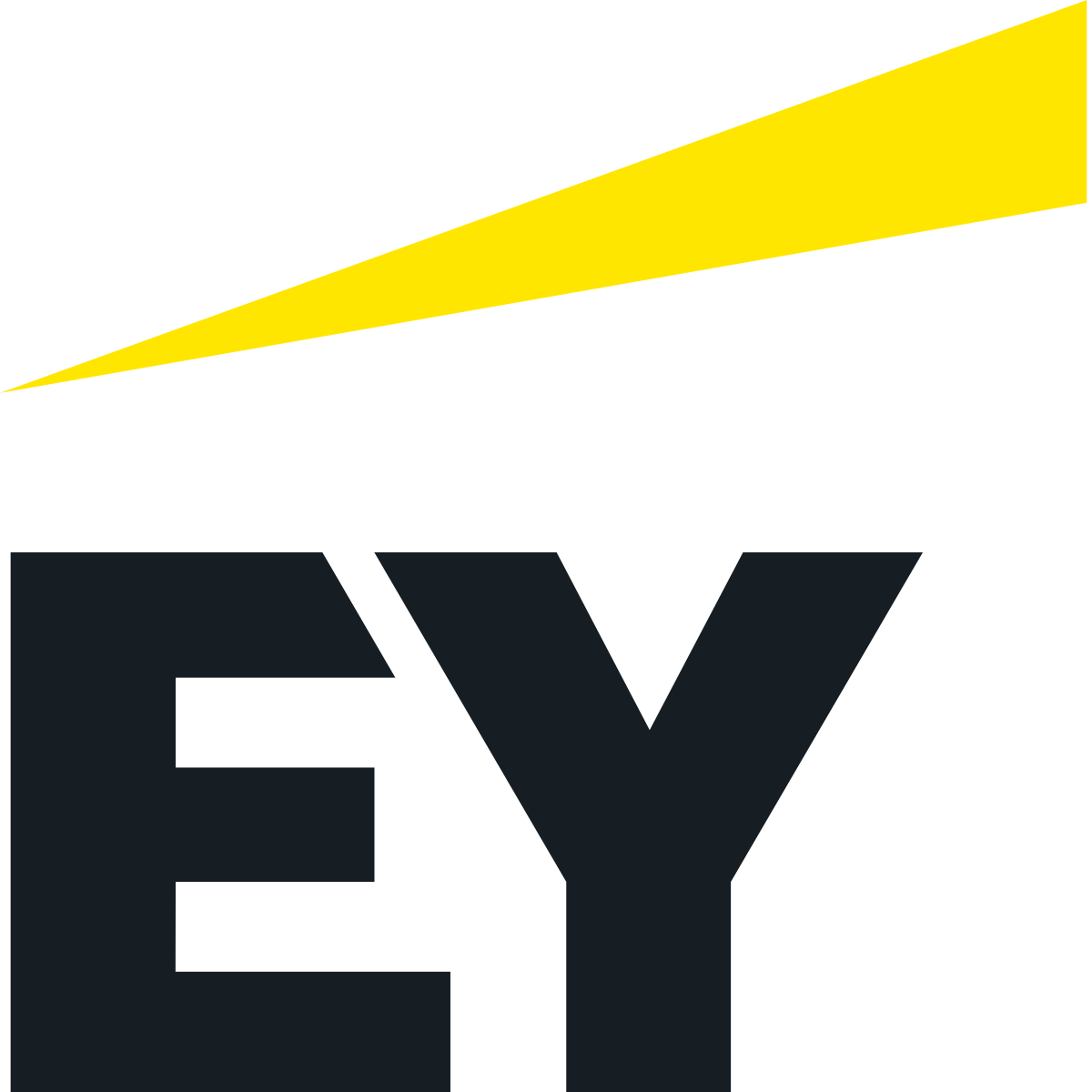
The Bloomberg Trading Room
Known as one of the most remarkable trade centres among French business schools, this room is equipped with 12 triple screen stations and wall screens broadcasting financial news continuously. It can accommodate up to 25 students at a time and is often a hive of activity. Bloomberg provides a large volume of information and real data, the same as that used by professionals and operators in trading rooms and banks.




Research Methods Research methods for business students and preparation for writing a dissertation.
Green Chrono Diagnosis The module concerns the realization, in groups of 4 to 6 students, of a green strategic and financial diagnosis of a company quoted in France or abroad. The name of the company is revealed at the last minute.
Advanced Corporate Finance: If the future depends on creating value, what’s in store for you? Return cash to shareholders or invest it? Merge, spin-off or sell? Is the risk worth the pain? These questions can all feature on a value-creating agenda. Gain the confidence to go after growth with our Financial Strategies for Value Creation program. This module provides theoretical and analytical knowledge required in making financial policy decisions on what projects and other business activities a firm should invest finance in. Taking the CFO perspective, this unit will give students the opportunity to analyze and develop a company's preferred financial strategy. A hands-on, practical course dedicated to the deep understanding of the connections between the financial statements, by learning the proper way to build a business plan from scratch on a spreadsheet.
Applied Quantitative Methods: This course is designed to give you an elementary overview of important statistical and economic methods of quantitative finance. To this end, it looks at important models as well as statistical concepts prominently used in the field of financial economics. The course is inside a wide module involving other concepts such as law, taxation, and management; thus, students will be involved in a large variety of theoretical concepts in a multidisciplinary way. The teaching of the course is mainly practical. Therefore, it is backed by applications in the form of simple examples as well as market statistics. At the end of the course, the students should thus have a good idea about the usefulness of the methods presented in the course.
Financial Reporting: Financial reporting system; analysis of principal financial statements; consolidated financial statement; analysis of intercorporate investments. Students also learn how to use Bloomberg to track a company's financial items.
Green Equity and Green Bonds: Green financial investment definition; Equity pricing, volatility, Equity and green equity indexes; Learn how to search, download, and analyze data from Bloomberg and other data sources to write an equity report of a green company. The course will equip students with:
Merger and Acquisitions: This course will provide a detailed understanding of the financial issues within a strategic context regarding mergers & acquisitions from an international perspective. It includes an overview of corporate restructuring through analysis of mergers and acquisitions; overview of causes of financial distress, key indicators and crisis management and workout solution.
Research Methods: Research methods for business students and preparation for writing a dissertation.
Economics for Investment Decision Makers: In a general sense, economics, is the study of production, distribution, and consumption and can be divided into two broad areas of study: macroeconomics and microeconomics. Macroeconomics deals with aggregate economic quantities, such as national output and national income. Macroeconomics has its roots in microeconomics, which deals with markets and decision making of individual economic units, including consumers and businesses. Microeconomics is a logical starting point for the study of economics.
This course is full of the application of economics problems, but you cannot understand the application without understanding the economic theory behind the application. Theory and practice are not antithetical to each other in economics. A thorough understanding of practical problems requires an in depth understanding of the underlying theory.
LBO, Private Equity & Valuation: This course has for objective to give to the students the principles of a financial transaction with leverage (IPO, LBO, MBO). In this course we focus our attention on what is generally referred to as enterprise valuation, which is the valuation of a business of going concern.
Students will learn how LBOs and IPOs practically work, through the study of existing LBOs & IPOs. For LBOs, they will learn to prepare their own LBO financing spreadsheet model. For IPOs, they will learn to build capitalization tables, from company’s inception to its eventual IPO. This course tales also the perspectives of a private equity investor and applies the hybrid valuation methods, which are particularly well suited to the types of investments made by private equity forms.
Advanced Corporate Finance: The modern corporate is a very efficient and effective means of raising capital, obtaining needed resources and generating products and services. These and other advantages have caused the corporate form of business to become the dominant one in many countries. The modern corporation is subject to a variety of conflicts of interest. This fact leads to the following two major objectives of corporate governance:
This course also provide a methodology to perform a high level analysis of the financial statements of a company, and relate those financial statements to the company’s current market capitalization.
Enterprise Risk Management: The rise in the volume and complexity of risks facing organizations - whether from insider threats, cyber-attacks, shooters, or brand damage - requires more effective risk avoidance, risk mitigation, risk transfer and asset (human and physical) protection. Enterprise Risk Management (ERM) is a structured, proven process for proactively identifying and evaluating how events and forces of change impact an organization and its strategy, and for developing measures for dealing with the risks that constantly threaten the achievement of an organization's objectives. Enterprise risk managers provide the leadership, innovation, and management necessary to identify, evaluate, manage, and monitor an organization's portfolio of risks.
CFA Certification: Providing exam focus and knowledge application (CFA Level 1) including Ethics, ESG and corporate governance.
Tax aspects of transactions and restructuration: The objective of the course is to familiarize the students with the major principles that govern the tax system of companies (Merger, splits, asset transfers).
Green Investment Strategy & Portfolio Management: Overview of the asset management industry: structure, employment, green investment trends, trading platforms... Diversification for individual investors and firms. Stock selection and creation of portfolio. Calculation of Portfolio performance measurement tools: Sharpe, Treynor and Jensen ratios, using data from Bloomberg. Integrate ESG ratings into portfolio performance metrics.
Socially Responsible Investment and Financial Analysis: The financial analysis of a company is a process of selecting, evaluating, and interpreting financial data, along with other pertinent information, in order to formulate an assessment of the company's present and future financial condition and performance. We can use financial analysis to evaluate the efficiency of a company's operations, its ability to manage expenses, the effectiveness of its credits policies and its creditworthiness, among other things. Introduction to the theory and application of consolidated financial statements taking an IFRS approach; key concepts of financial analysis and management of international groups. We also include: ESG risk mapping, sustainability strategy, SRI involvement and Corporate non-financial reporting.

100% English taught
Dijon campus
30
Small class size
25%
International students
September to July
Academics
Applicants should have a non-French Bachelor’s degree (3 or 4 years) or 240 ECTS in mathematics, statistics, economy, engineering, business or equivalent subject.
Language


Tuition fee for the MSc Corporate Finance & Investment Banking is €15,500. This rate is guaranteed throughout your course and is all-inclusive covering tuition, academic support, campus facilities, conferences and field trips.
For the September 2024 intake, we are offering scholarships which reduce your first year of tuition upto 50%.
The sooner you apply, the greater your chances
Calendar of scholarships will be as follows:

The sooner you apply, the greater your chances


We'd be happy to answer any questions about our programmes, the application process, living in Dijon, or our impressive global alumni network.
Contact us or book a time in our calendar. We look forward to helping you!

Graduates of MSc Corporate Finance & Investment Banking will be able to hold various positions, internationally, in the fields of corporate finance and market finance in investment institutions and banks, such as:
Career tracks in Corporate Finance and Investment Banking include:


Celine Bach
Senior Auditor, KPMG
BSB Class of 2016




As a BSB student, you will receive expert career services equipping you with tools and confidence you'll need to achieve the best professional positions.
Our Career Booster Department offers you:



At BSB, we offer the coaching and support you need to help you excel during your time with us
and find your purpose to fulfil your role in society, in your community and in a company or organisation.